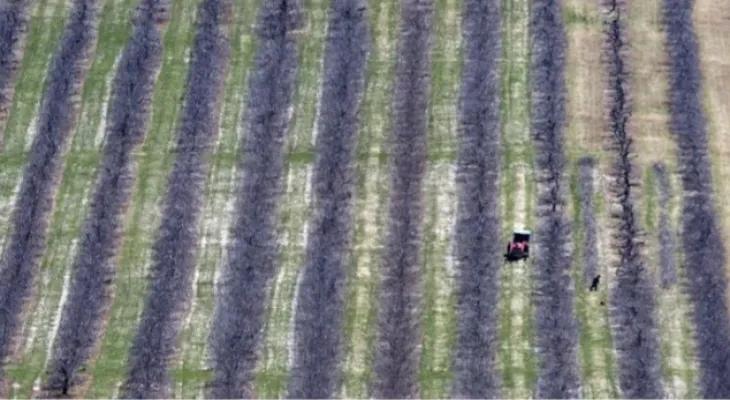Search here
Newspaper
Search here

Arab Canada News
News

Published: April 18, 2023
Researchers said in a recent report that Canada needs 30,000 new immigrants either to start their own farms or to take over existing farms to avoid a looming labor crisis in the agriculture industry. However, some are concerned that current programs are not prepared to attract or support that workforce.
It is expected that about 40 percent of Canadian farmers will retire within the next ten years, while 66 percent of farmers have no succession plan, according to a recent RBC report.
At the same time, researchers expect the agricultural industry to decline by 24,000 workers on farms and greenhouses.
To bridge this gap, the report suggests that Canada update its immigration programs to bring 30,000 new arrivals focusing specifically on agriculture. One solution, as stated in the report, is to create a federal process for experienced Temporary Foreign Workers (TFW) to obtain permanent resident status.
For his part, Ivan Fraser, co-author of the report and director of the Arrell Food Institute at the University of Guelph, where he is a professor of geography, said the TFW program only scratches the surface of the labor shortage, adding: "We are also talking about radically new forms of agriculture such as the greenhouse industry boom... and the emergence of the vertical farming sector."
In 2020, Canada started a pilot immigration program specific to agriculture designed to provide a pathway to permanent residency for experienced non-seasonal workers, but it is scheduled to end in May.
Ottawa said that as of February 2023, more than 1,500 people had been accepted through the program, while it was designed to handle up to 2,750 people.
The report also indicated that Canada is looking for farmers in countries such as the Netherlands and New Zealand.
Support needed during this process
There are other obstacles for experienced farmers who wish to start in Canada. For example, the price of farmland has risen by more than 20 percent over five years.
In many areas, a budget of one million dollars may not cover a small farm, according to Rajin Gill, a specialist in agricultural real estate in Abbotsford, British Columbia.
Gill also said he believes there is a significant discrepancy between pricing and what [newcomers] can afford, adding: "We receive many calls from people eager to start. They are the kind of people you want opening farms because they are passionate. But there is a gap between what they can afford and what they want to achieve."
Food prices have also risen rapidly over the past year, and a labor shortage in the Canadian agriculture sector could exacerbate the problem, experts said.
Labor shortage affects food costs
The crisis may force Canadians to spend more at the grocery store, where Heather Bruce, head of the Agricultural Nutritional Sciences Department at the University of Alberta, said: "We have seen a significant slowdown in meat processing. We also had a shortage of food ingredients due to crops being at risk. All these things can contribute to food insecurity, price increases, and empty food shelves in retail stores."
She also added: "Our immigration policies support our food security and allow our companies to compete not only in terms of their ability to provide food but also in providing food at an affordable price."
Comments